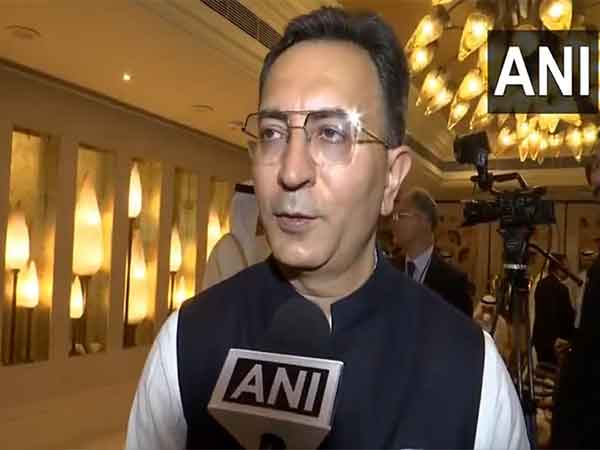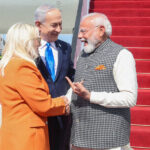New Delhi [India]: The Central Government on Tuedsay unveiled a wide range of measures aimed at strengthening exports and expanding domestic manufacturing. According to a statement by the Ministry of Commerce & Industry, the initiatives include production-linked schemes, new trade agreements, modernized logistics and grassroots-level export promotion programmes.
At the forefront of these efforts is the push to expand India’s global trade footprint. A significant milestone came on July 24 this year when India signed the Comprehensive Economic and Trade Agreement (CETA) with the United Kingdom.
Negotiations are also underway with the European Union, with the goal of finalizing a Free Trade Agreement by the end of the year. Officials say these partnerships are expected to open new markets for Indian businesses, especially in the small and medium enterprises (MSME) sector.
To support domestic industries, the Government has implemented Production Linked Incentive (PLI) schemes across 14 crucial sectors, ranging from electronics and IT hardware to pharmaceuticals, solar modules, and automobiles.
These schemes have encouraged investments, created jobs, and boosted exports. For instance, India’s mobile phone exports have grown dramatically, from Rs. 1,500 crore in 2014-15 to more than Rs. 2 lakh crore in 2024-25, transforming the country into the world’s second-largest mobile manufacturer.
In pharmaceuticals, the PLI scheme has helped India become a net exporter of bulk drugs, reversing its earlier dependency on imports.
Improving the backbone of trade, the Government has launched the National Logistics Policy (NLP) and PM Gati Shakti. These initiatives are designed to cut costs, eliminate transport bottlenecks, and ensure faster connectivity across regions.
Complementing them is the National Industrial Corridor Development Programme (NICDP), which aims to create globally competitive industrial hubs linked seamlessly to both domestic and international markets.
At the local level, schemes such as Districts as Export Hubs (DEH) and E-Commerce Export Hubs (ECEHs) are enabling small businesses and start-ups to reach overseas buyers. Under DEH, District Export Action Plans have already been prepared for 590 districts. At the same time, ECEHs are being developed to streamline cross-border e-commerce with facilities like customs clearance, packaging, and warehousing at one location. Five pilot projects are expected to kick off soon.
Under the PLI scheme for medical devices, 21 projects have already begun manufacturing 54 advanced devices, including MRI machines, CT scanners, and heart valves.
This information was given by the Minister of State for the Ministry of Commerce & Industry, Jitin Prasada, in a written reply in the Lok Sabha today. (ANI)

















